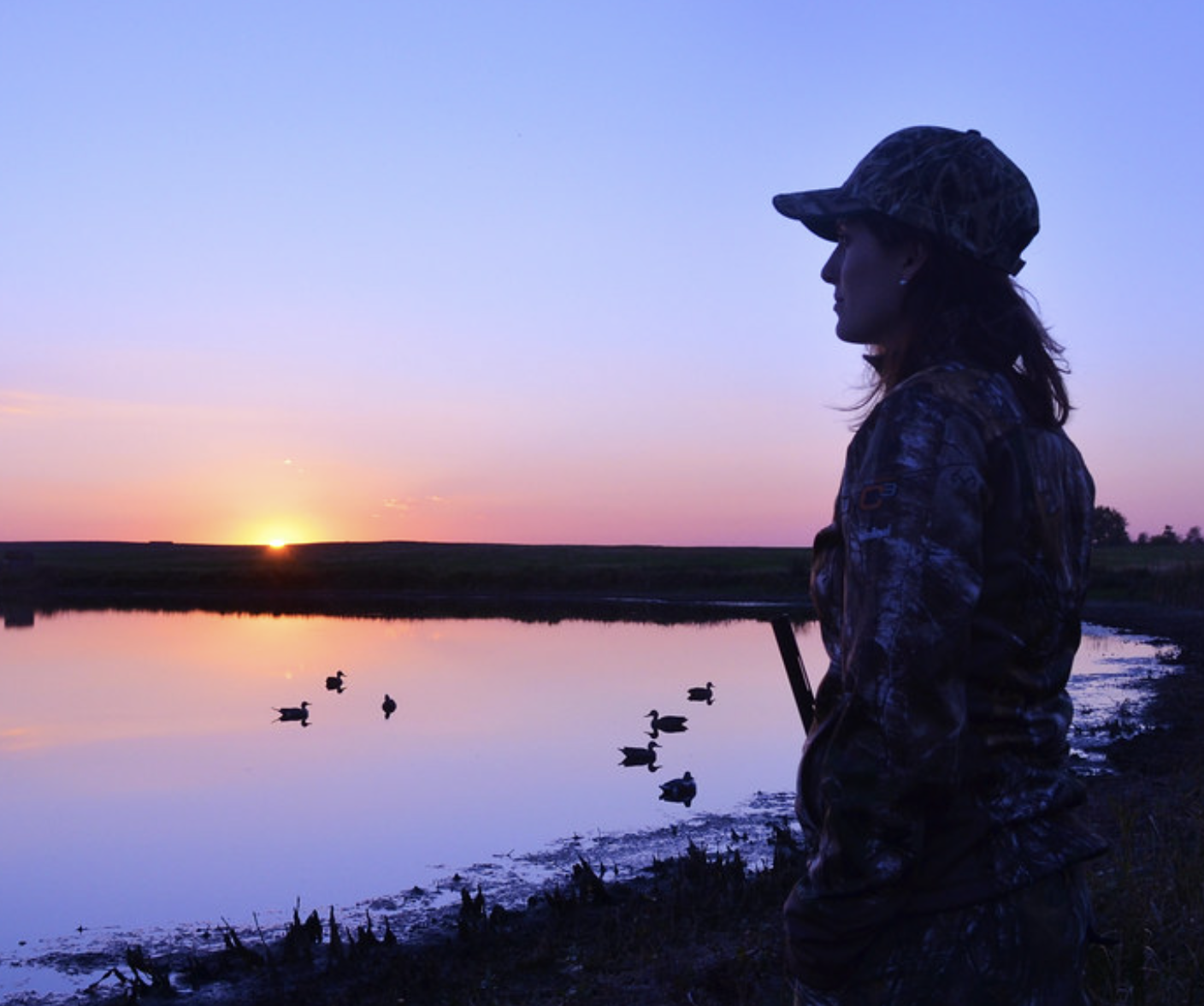OSF Healthcare System – John Bednar, MD, has seen it all when it comes to hunting accidents. Broken bones, injured backs, heart attacks, you name it.
“Common hunting injuries include falls, whether that’s a fall while you’re hiking, carrying, hauling or whether it’s a fall out of the tree stand,” says Dr. Bednar, an emergency room physician with OSF HealthCare. “Other injuries that we see in the emergency department are accidental shootings, whether it’s self-inflicted or somebody else in your party.”
Fortunately, those visits to the ER are not common because many hunters are well educated when it comes to their safety, Dr. Bednar says. Still, accidents happen, especially during the fall hunting season.
And many of the injuries, such as tripping or falling from a tree stand, are the result of alcohol and drug use. “The biggest rule when you’re hunting is no intoxication of any sort, whether it’s alcohol or drugs or any combination thereof,” Dr. Bednar says. “Those are the most frequent things we see, people who fall when they’re hunting because they’re intoxicated.”
Another important tip is to remember to pack your prescription drugs – especially if you’re traveling long distances to hunt. Dr. Bednar says if you forget to take blood pressure medicine, for example, it could lead to a potential health problem during your outing.
And it’s essential to be in good health if you’re planning on hunting. That’s because of the hiking, walking and climbing you do – all while carrying gear or dragging an animal carcass.
Dr. Bednar says it’s an especially important reminder for people in their 60s who don’t have the stamina they used to. In fact, he recommends older hunters let the younger people in the group do the heavy lifting. And take several rest breaks if you’re not used to strenuous hikes.
Dr. Bednar has treated several hunters who have suffered a heart attack due to excess exertion. “They have to know what their fitness level is when they are out hunting,” he says. “Whether you’re hauling gear or hauling deer, you have to know what your limits are.”
And then there’s the matter of the tree stand. The average fall from a tree stand is about 15 feet. Just another reason to steer clear of the booze.
“If you are in a tree stand, make sure you have your harness and tether appropriately working,” says Dr. Bednar. “If you don’t have a harness and you don’t have a short tether, you could be in trouble, because if you fall off, even with a harness, you might have too long of a harness lead. So, make sure you have a short tether. If you’re going to fall off, you don’t fall off very far, and you can get back on again.”
Other helpful tips include being familiar with the area where you’re hunting. Let others know exactly where you’re going to be and when you plan on calling it a day, especially if you have weak cell service. Consider using a two-way radio or loud whistle in case you need help.
It’s never a bad idea to pack a first aid kit, including tourniquets – learn CPR and be prepared for any injuries. “Take a course on basic first aid and tourniquet use,” says Dr. Bednar. “Because if you have an accidental gunshot wound or a fall with a compromised arm or leg extremity, tourniquets can be lifesaving in the field.”
And now that cooler weather is here, make sure to dress appropriately. Hunters are more likely to suffer frostbite and hypothermia if they’ve been drinking. Cover your ears, nose, fingers and toes.
And wear blaze orange instead of camouflage so that you’re visible to other hunters. Wear safety glasses and ear protection. And if you’re bringing your hunting dog, keep him safe by tying a brightly colored bandana around his neck or buy a brightly colored vest for your four-legged friend.
If you or another member of your party suffers a serious or life-threatening injury, call 9-1-1 immediately.



